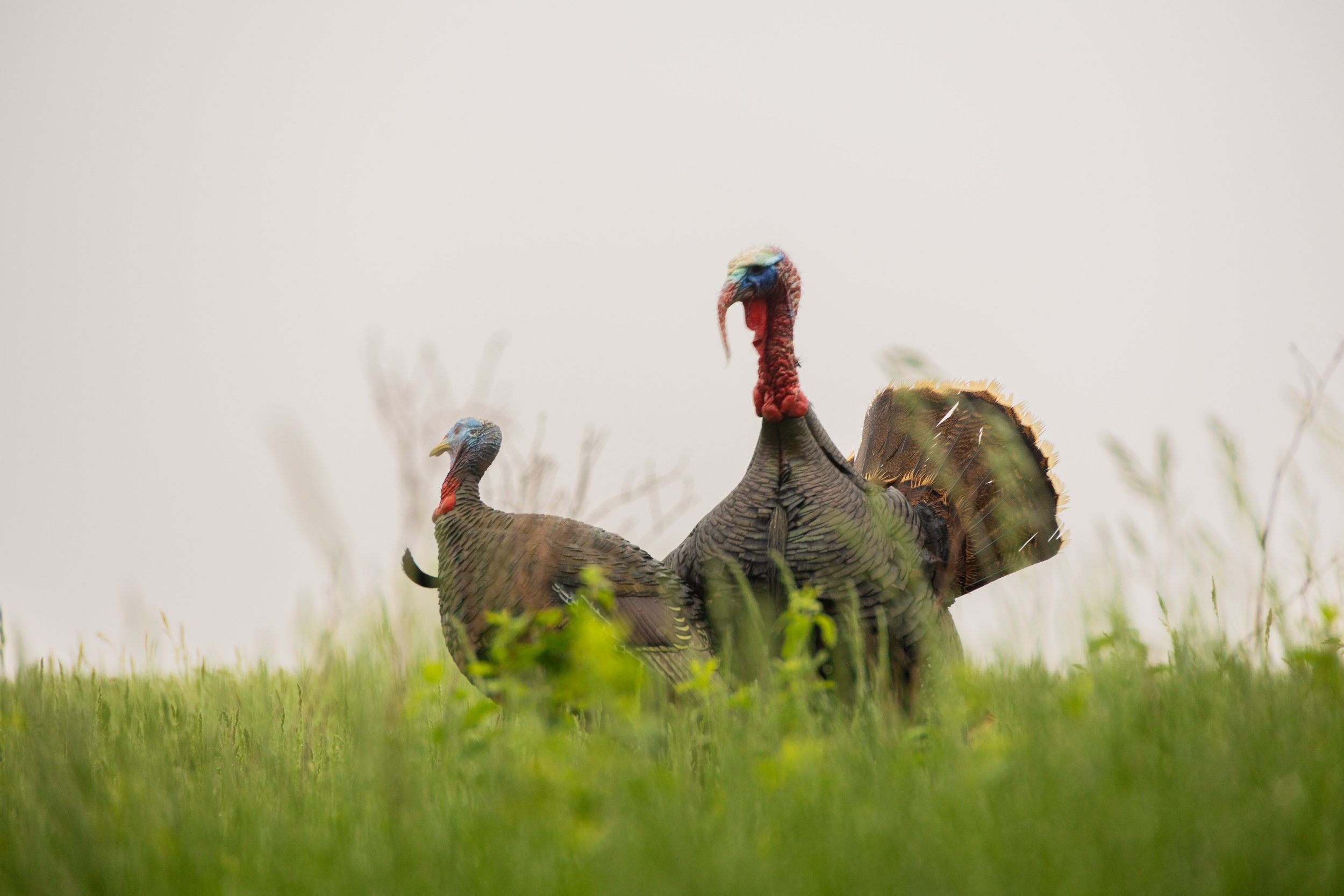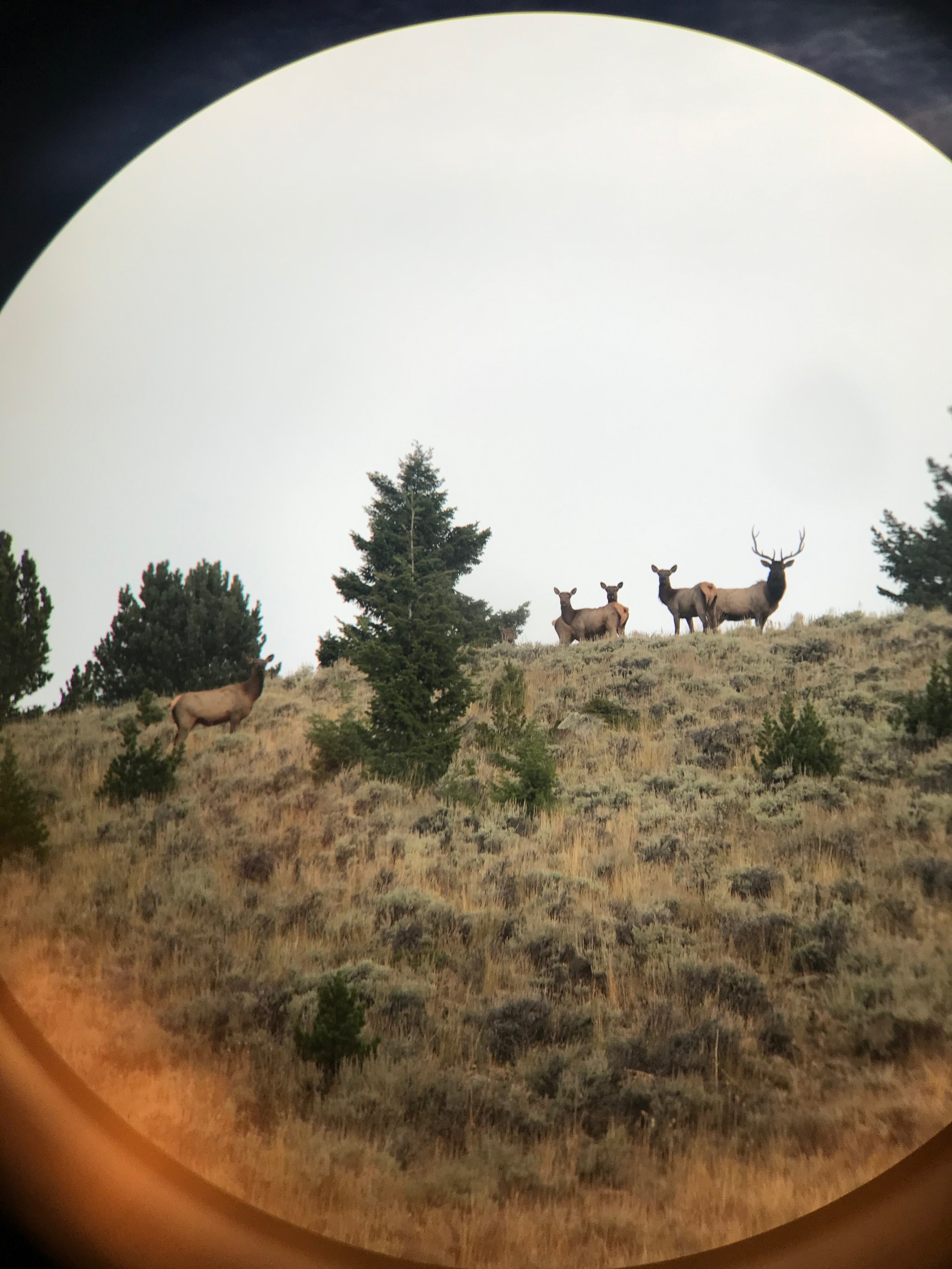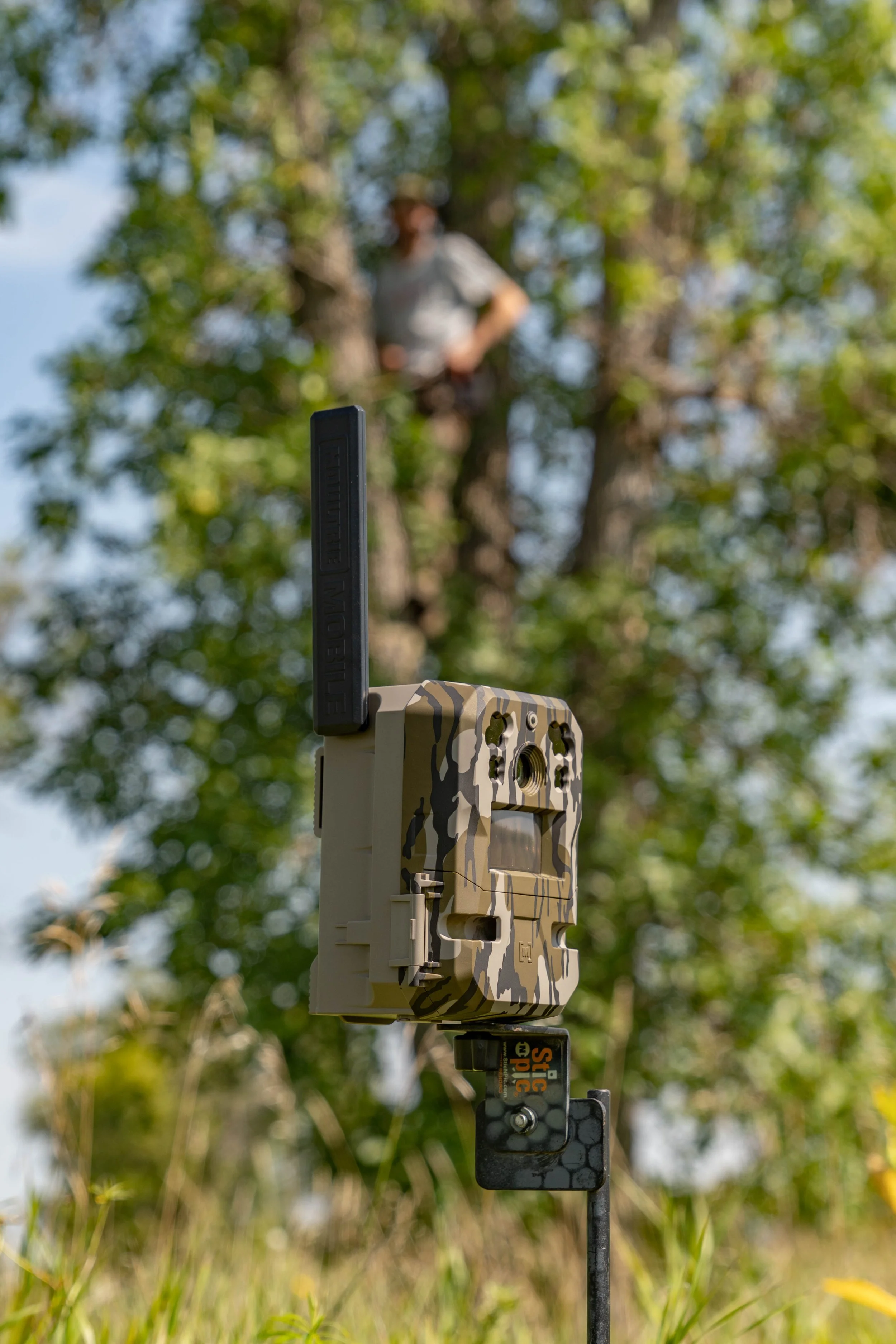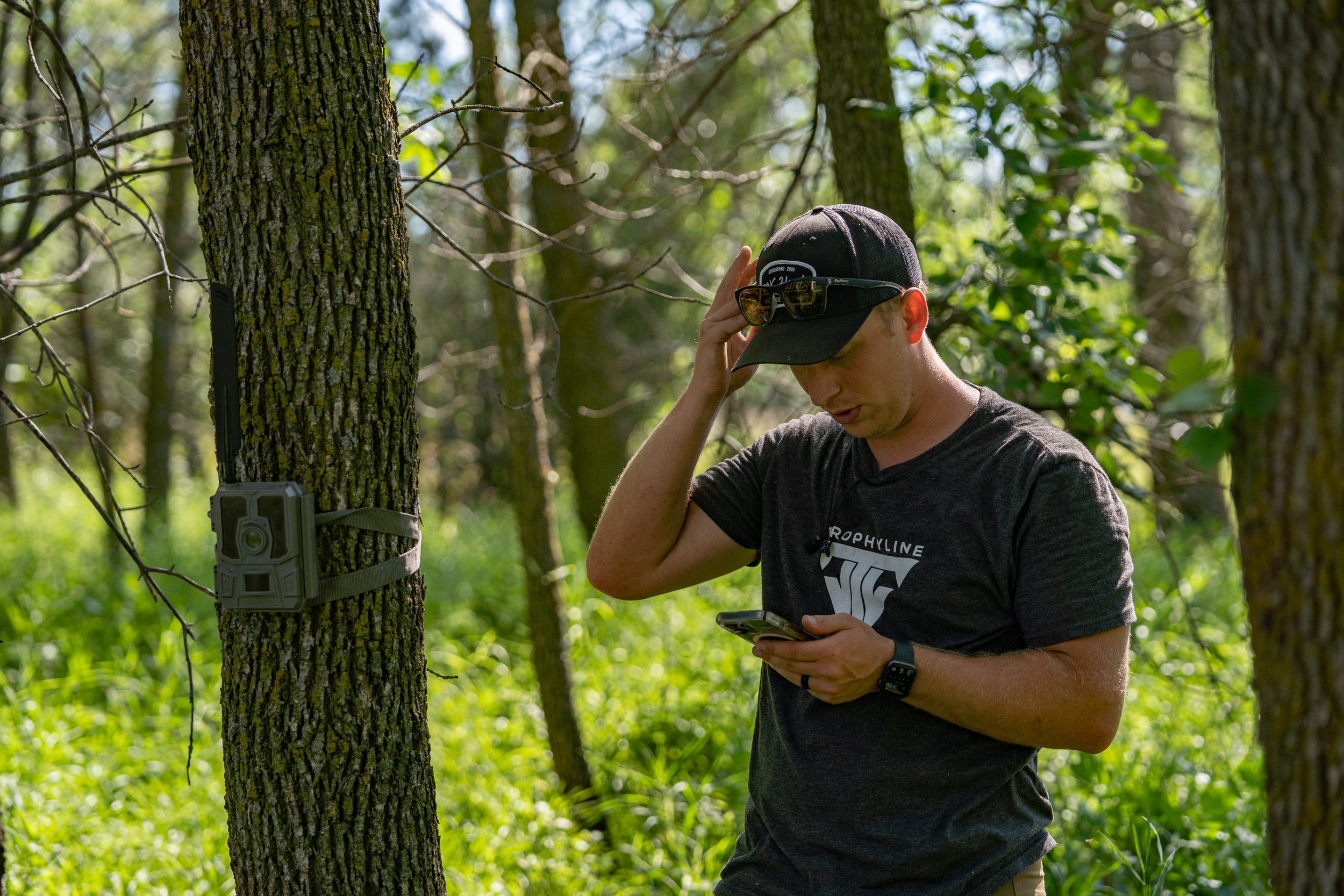By Kaleb Comstock
As we turn the calendar into late May, many states still have their turkey seasons open. Here in Nebraska, our season is open until May 31st. Hunting late season birds is a complete 180 compared to hunting early season turkeys. In the past week, I was able to fill my second, and last tag in Nebraska as well as having multiple close calls.
One huge difference between late season birds compared to early/mid season is the vocalization. This time of year can be absolutely gut wrenching going out and hunting. What I mean by this is the birds are not nearly as vocal as they were in the mid season and early season. My dad and I hunted one of our prime pieces of property and we didn’t hear a single gobble in three hours of being out there. This is where it is super easy to get discouraged. What I’ve learned in my years of hunting is I find way more success from about 10:30-2:00 in the afternoon. During that time frame, I am more likely to find a bird that is hot and wants to work because they lost their hens and are looking for the last hen to mate with before breeding season is over. When Alex killed his bird, we didn’t call that bird in until 12:30 in the afternoon.
Not only are the birds far less talkative after they pitch down, they are also less talkative when on the roost. We hunted a recent morning and only heard one tom gobble on the limb. We got set up anyway in an open pasture and within an hour, we had a tom come right into the decoys. This tom didn’t gobble one time on the limb or on the ground. This is where having patience really pays off during late season birds. We knew the birds were in the area, they just were staying quiet on the limb and on the ground, so we decided to set up a few hundred yards away from the one gobble we heard. I think the key to being successful on this morning's hunt was a few things. The first thing is, we just worked our way in slowly and really listened. We also didn’t try pushing too close to the birds on the roost. Another thing I did was I waited to call until a few minutes after sunrise. This gave the birds time to get down, and strut around like they typically do off the roost. By waiting to call until later on, I simulated a hen pitched down into our pasture and was wandering around. I also wasn’t aggressive on my call. I stuck to some light sequences and once I heard spitting and drumming, I went silent on the bird.
Not only is the 10:30-2:00 time a good time of day to kill a bird, so is the 6:30pm -roost time. When I punched my final Nebraska tag, I knew where the birds were roosting so I snuck down there and set up about 150 yards away from their main roost trees. About 8:00 pm (legal light was 8:40) a lone tom started working his way back to the roost. When he saw a jake with a lay down hen, that instantly fired him up and he came in and put on a show at 10 yards from the tree I was sitting beneath.
Late season hunting can be extremely fun, yet also extremely discouraging and frustrating. By this time of the year, a lot of the birds have been called out, spooked, hunted and educated. To help improve your chances of success, try a late morning/mid day hunt. You never know when you might strike up that lone hot gobbler looking for a new hen to breed. Patience will be your friend since oftentimes birds will come in quiet this time of you. Good luck to you all as you make the final push to fill your 2023 spring turkey tags.

































